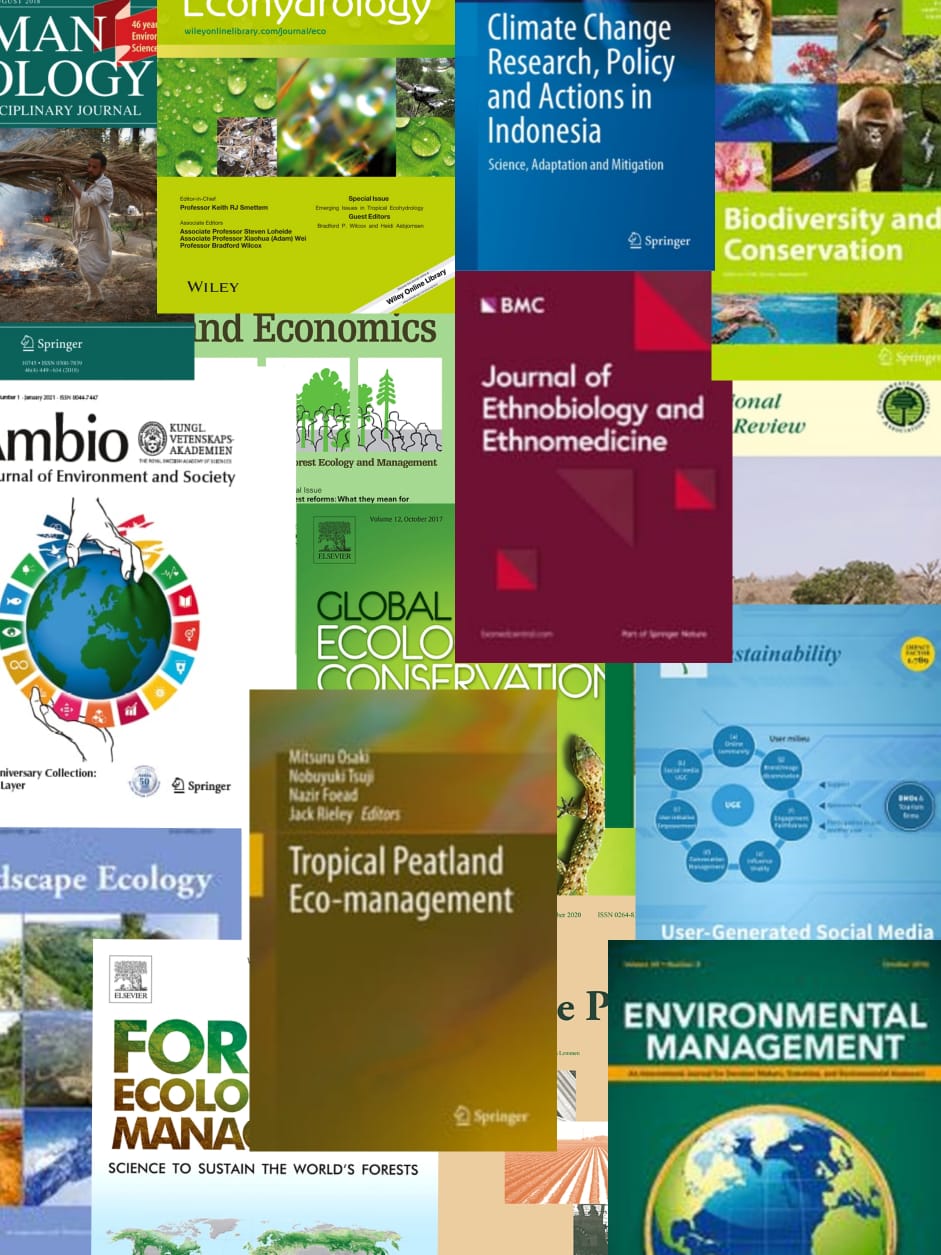Zero-burning in land clearance for oil palm new-plantings was first tried out on a joint-venture project in Pulau Belitung, Sumatra Selatan, Indonesia in late 1995 on inland soils. The initial objectives were to preserve the existing soil fertility, to maintain the soil structure, to recycle nutrients through the decomposed materials, to prepare the estates for eventual mechanization and to be environmentally friendly. Approx. 9500 ha were mechanically cleared and 7767 ha planted. The first planting was carried out in November 1996. With the experience and confidence gained in Pulau Belitung, another project was conducted on peat soils in Malaysia over an area of 4000 ha. Ladang Endau Rompin ('LER') was designed for mechanization and went a step further to incorporate water and land transportation systems. The initial problems were numerous, both in Indonesia and Malaysia, including acceptance of the technique, lack of experience by the Management and Contractors, lack of suitable heavy equipment, particularly in Indonesia, very low productivity of the operators and resistance to change.

